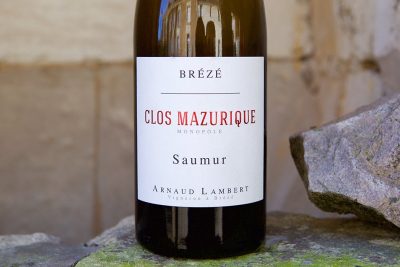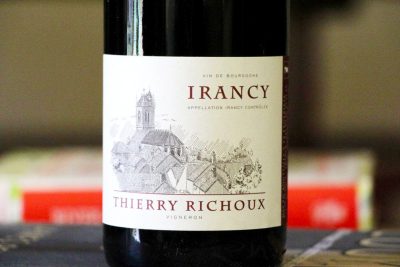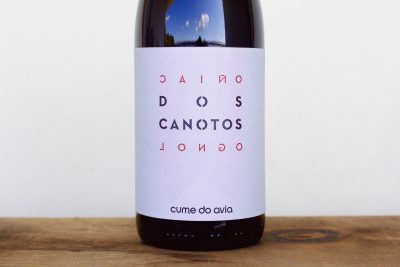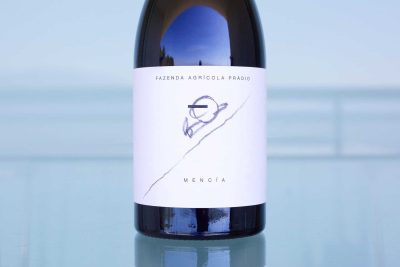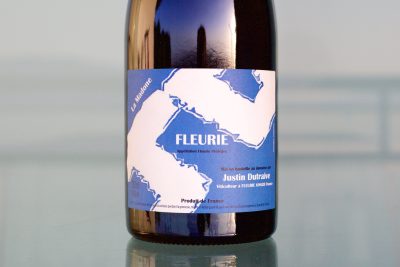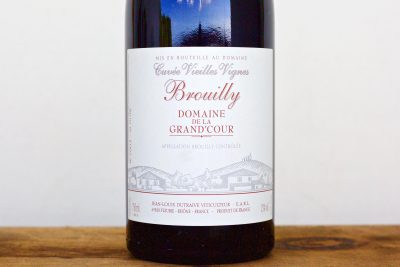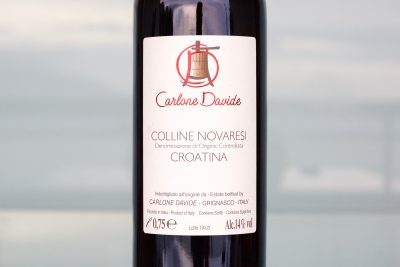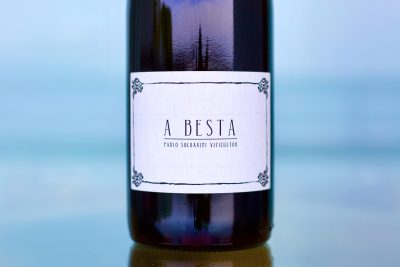About The Wine
One would be more hard-pressed to find a more authentic wine in the world than Leonardo Erazos’ Pais wines from Chile’s Itata Valley. Yes, I know that’s a massive statement, but consider this very unusual set of circumstances that make it a pretty darn good argument:
1) There’s no phylloxera in Chile—making it the only major wine producing country with that advantage for authenticity that come from not needing American rootstock.
2) These are own-rooted vines planted no earlier than 150-years-ago, and Leonardo said they could be as old as 300.
3) Pais is an ancient grape variety brought to Chile when the conquistadors settled there in the late 16th century. There are no laboratory clones, just a vine variety that has adapted to its environment for more than 400 years.
4) There is little to no disease pressure in these vineyards, so the use of vineyard treatments and sprays are rare, and in some cases, not used for an entire year, or more.
5) These grapes come from families who have farmed them naturally the same way for centuries and Leo doesn’t tell them how to farm them, because they know what they are doing!
6) Leo does as little as possible to these perfect grapes and adds a minimal amount of sulfur to keep them healthy, and worth drinking!
7) The vines come from purely granite soils that are about 320 million years ago, no amendments, no fertilizers!
8) The vines are dry-farmed!!
9) It’s beautifully crafted and delicious too!
Grown on pure granite soils forged hundreds of millions of years ago beneath the earth’s surface, the Granitico Pais has a slightly more mineral textured characteristic by comparison to Leo’s softer and more suave Volcanico Pais. Both wines are made exactly the same and stand as clear demonstrations of how a soil can mark its wines.

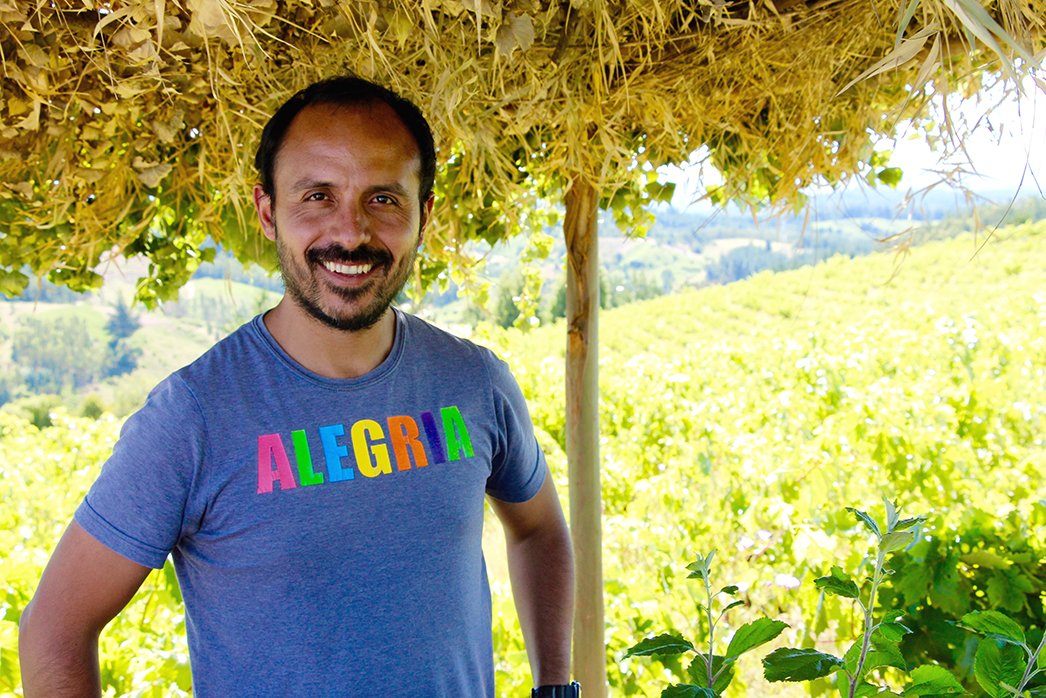
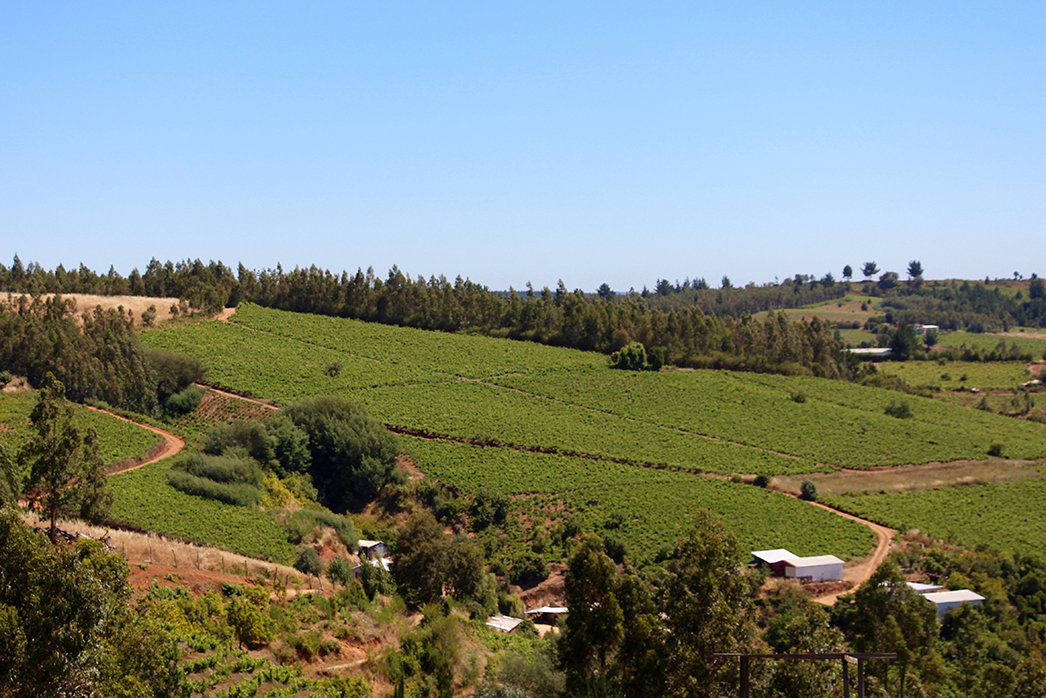
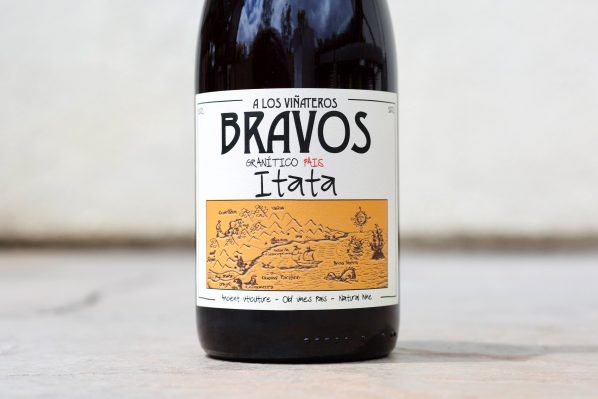
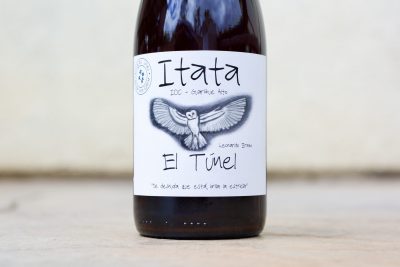
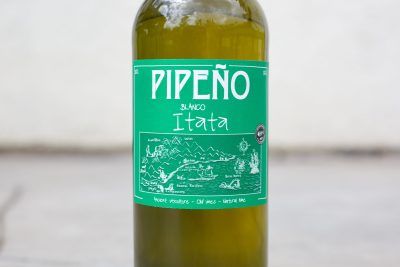


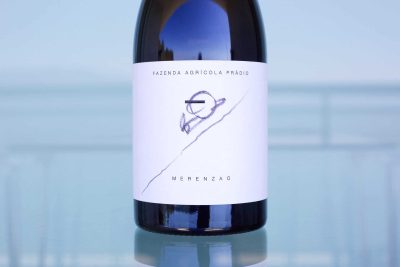
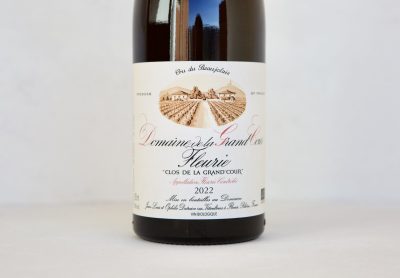
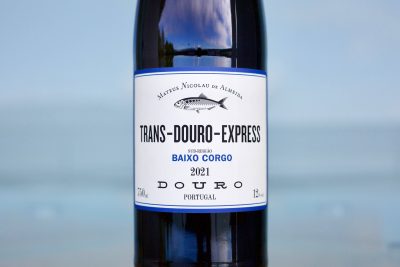 Mateus Nicolau de Almeida
Mateus Nicolau de Almeida
